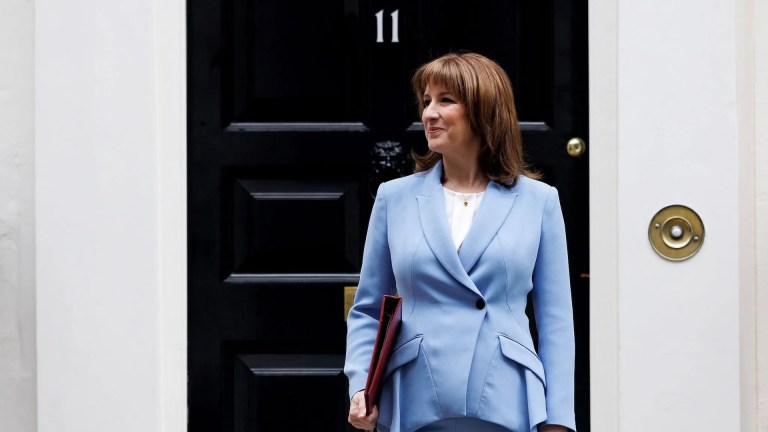The Sure Start programme – now known as Children’s Centres – massively boosted the health of children from poorer areas, research has found.
The Institute for Fiscal Studies report, funded by the Nuffield Foundation, highlighted the positive effect of the government support for families with young children which is now largely lost after the closure of more than 500 services in England since 2010.
The study is the first of its kind to follow children who had access to Sure Start right through to the end of primary school.
UCL associate professor and IFS research fellow Gabriella Conti said the benefits are biggest in the poorest neighbourhoods, so access to Sure Start “can help close around half the gap in hospitalisations between rich and poor areas”.
First established 20 years ago, the programme provided health, education and childcare services that received a high of £1.8bn a year funding in 2010 (in current prices) which has been cut by two thirds since. But the research demonstrates that Sure Start significantly reduced hospitalisations among children by the time they finished primary school, with the effect concentrated on disadvantaged areas.
It was found that the effects built over time – so much so that by age 11, one centre per thousand children prevented around 5,500 hospitalisations a year.





